DISCUSSING treatment options with your health care provider and being an informed consumer is the first step. You are in charge of your healthcare. Prescription opioids (such as hydrocodone, oxycodone, codeine, and morphine) are not right for everyone. They can have some very serious side effects. It’s OK to ask your doctor, dentist, or other health care provider for more information about their recommendations before deciding which is the right choice for you or your loved one.
What should I ask? Starting the discussion...
If your doctor thinks your pain is best managed with a prescription opioid, then ask:
When you go to see your doctor:
Write your questions down or have them handy on your phone so that you can take with you into the doctor's office. If possible, bring along a friend or family member who can jot down notes, listen to the discussion, or ask questions.
Take control. You are in charge of your healthcare.
